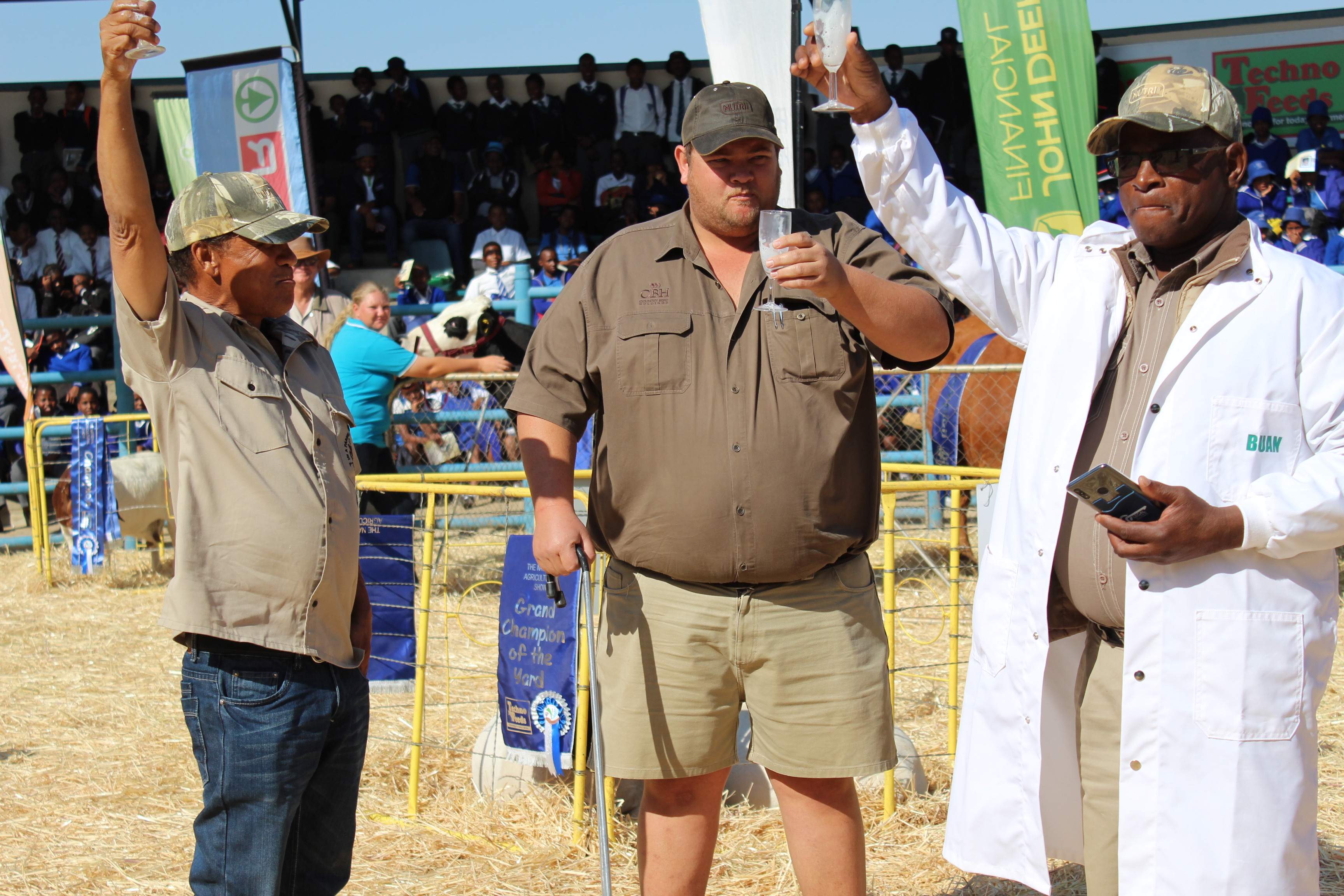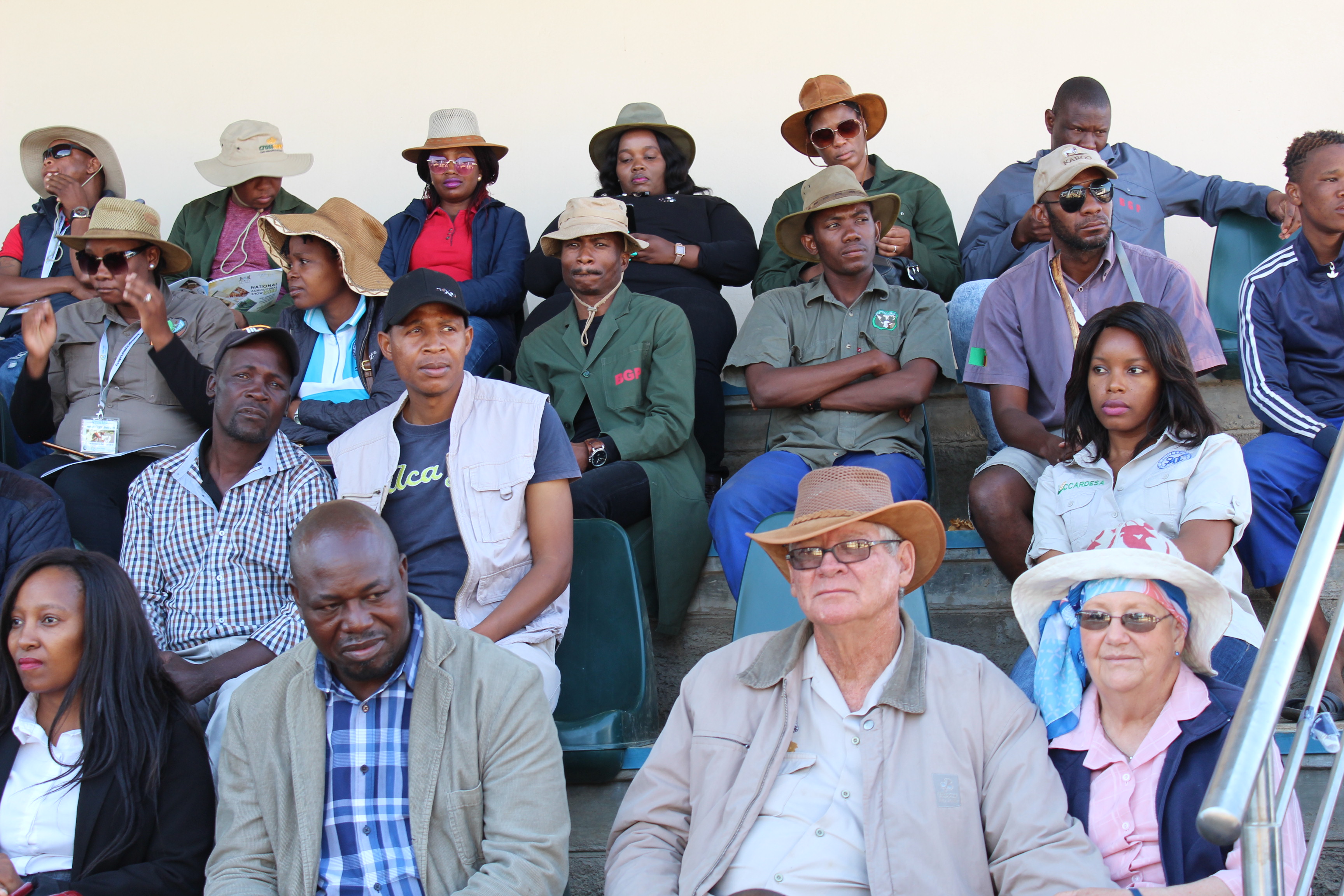Comprehensive Conservation Agriculture Programme for Namibia (2015-2019)
Namibia, being a semi-arid country could potentially increase food security at a household level through conservation agriculture. Hence, there is a need for mind shifting among subsistence farmers from conventional farming to Climate Smart Agricultural (CSA) practices such as CA. Climate Smart Agriculture entails technologies aiming at transforming and reorienting agricultural systems into a sustainable agricultural efficiency in support of food security under climate change mitigating interventions. CSA is not only about new farming technologies, but a combination of traditional indigenous knowledge with common agricultural practices and appropriate agricultural technological developments. In addition, CA tend to be successful when combined with other climate smart strategies such as the use of drought tolerant and short maturing crops varieties. The Ministry of Agriculture, Water and Forestry (MAWF) of the Republic of Namibia strives towards attaining food security at both household and national levels through the deployment of efficient and sustainable food production practices. For this reason, MAWF had launched a Comprehensive Conservation Agriculture Programme for Namibia (2015-2019) in an attempt to educate and support subsistence crop farmers on new farming interventions aiming at addressing problems of food insecurity and mitigating the effects of climate change.
FAO
Soil Management
Water Management
Conservation Agriculture
CA
Intercropping
Sustainable Agriculture
Climate Smart Agriculture
CSA
Climate Change
Ministry of Agriculture of the Republic of Namibia, 2015. Comprehensive Conservation Agriculture Programme for Namibia (2015-2019)













